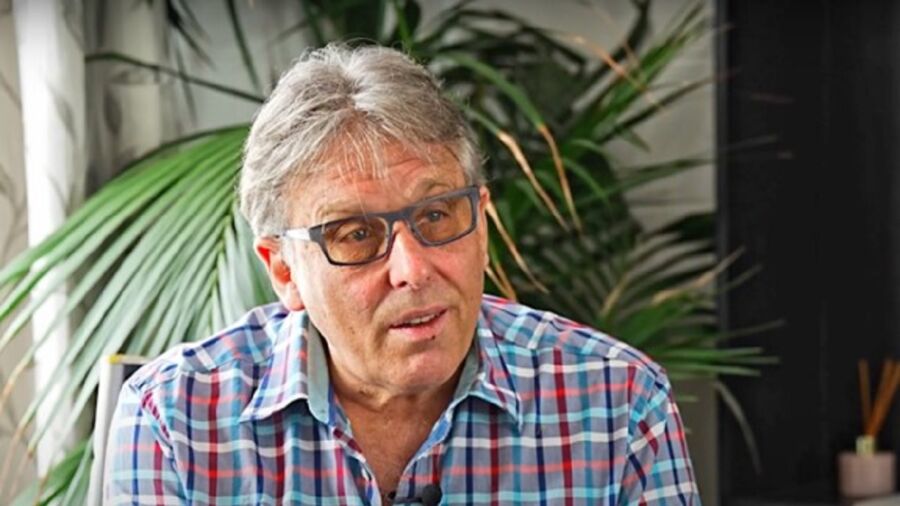When jazz musician and magazine publisher Mykeljon Winckel read “How Humankind Came To Be” by Mr. Li Hongzhi, the founder of Falun Dafa, the article resonated with Winckel’s spiritual views on the cycles of human civilization. He immediately reposted it on his website. In an interview with The Epoch Times on Feb. 23, he said that he hoped more people would read it.
Mr. Li’s article spoke about reincarnation as a part of a cycle for humans. Winckel pointed out that although reincarnation is not present in Western theological traditions, his personal experiences in life made him a believer in reincarnation. Therefore, Mr. Li’s concept of reincarnation resonated with his own beliefs. Winckel revealed that he had a long journey in his spiritual life, once being a regular attendee at a megachurch in Los Angeles, and he sought faith, hope, empathy, and freedom throughout his entire life.
“When I read the article, I could understand the cycle, and I felt the cyclic nature which the article talked about. Cycles develop through life, and it happens to every one of us. We’re born and go through different stages and different cycles, and we die. And it happens all over again,” he said.
Winckel is a jazz musician who owns a local magazine published in New Zealand.
Winckel’s Dutch parents came from the Dutch East Indies, modern-day Indonesia, to New Zealand in the early 1950s after WWII. His father fought in the war, and his mother revealed a few weeks before her death at the age of 97 that she was a comfort woman for the Japanese Army during the war. Winckel was not from a religious family, but his mother believed in a Creator and was a very important figure in his life. His family background shaped his worldview and his spiritual life.
Speaking of his mother’s influence on him, Winckel credits her strong love and tolerance for influencing him throughout his life. “She had a huge capacity to love, now that I realize what she must have endured, and to actually turn that into forgiveness,” he said.
When asked about his thoughts on Mr. Li saying that the current world is in the final stage of the four stages of the universe, which involves formation, stasis, degeneration, and destruction, Winckle concurred. He understands that such a process of transformation is not only in the process of individual life but also in everything, including the development and evolution of civilization. He further elaborated on his view that humanity is a pawn in a totalitarian struggle. This is a struggle in our current world, and we are reaching the end. “Most people don’t understand what the article is about, so it is important for Mr. Li to put it out there,” said Winckle.
“If you look through history, you see cyclicly civilizations rise and fall. Those civilizations always go through a cycle, the same four stages of that cycle,” he said.
In addition, speaking about The Epoch Times, Mykeljon mentioned, “I see The Epoch Times as a mentor for other media, seeking out the truth, and doing a fantastic job.” Mykeljon is very familiar with The Epoch Times and has a deep understanding about communism and totalitarianism. He always emphasized the value of freedom and his personal quest to seek freedom. He praised The Epoch Times for having the courage to publish this article by Mr. Li to bring up such an important topic in this chaotic world.
As a talented musician, Mr. Winckel was approached by an American entertainment company at the age of 18 with a five-year contract and the opportunity to bring him to Hollywood. Not wanting to be tainted by the drugs and bad vibes of the entertainment industry, he turned down the contract and went to Brisbane, Australia, to study music theory and performance techniques in the music academy system, specializing in jazz performance, and continued his career in the United States after setting up his own performing arts company in New Zealand.
In 2004, Winckel returned to Auckland from the United States and founded the community magazine eLocal, which he continues to run today. In 2018, he and his band members played “Amsterdam,” which reached #1 on Billboard’s Contemporary Jazz chart.
Janice Liu contributed to this report.
From The Epoch Times

